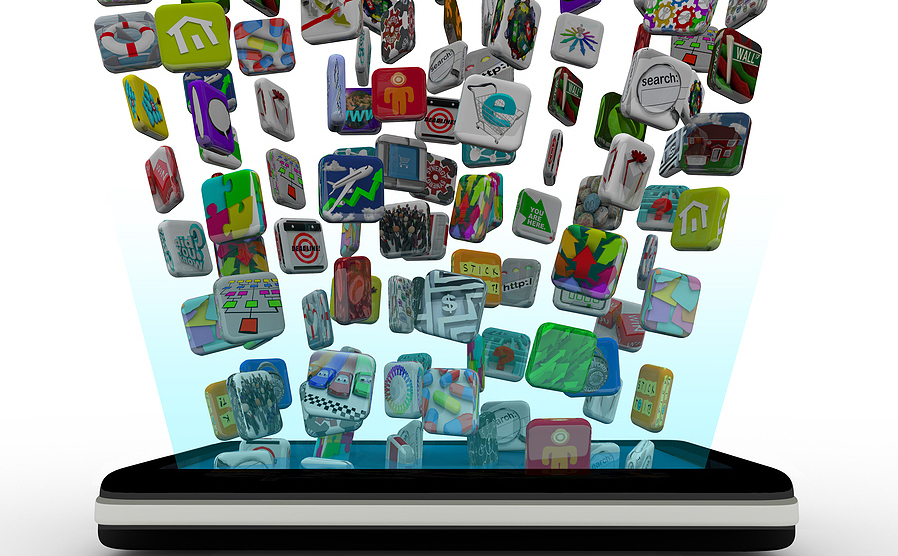The iPhone is a thing of beauty – no two ways about it. But its expensive to buy and expensive to run. So not surprisingly people are keen to try and find cheaper ways to use it.
Now Apple is run by smart smart people who know how to design brilliant systems as well as brilliant technology. And the process by which Apple have organized thousands of developers to submit their apps only to Apple and sell only through iTunes, can only been described as sheer genius.
Given the resulting huge supply of free Apps that flow daily into iTunes. you would think that the motive to jailbreak an iPhone had been pretty much destroyed. Not so, it would seem! And the proof for this is the steps taken this week by Apple to have “jailbreaking” an iPhone declared illegal.
And if what they say in their submission to Copyright Office is the whole truth of the matter, then we would have to agree. If all jail breaking software requires the use of Apple’s own copyright software – then that is unambiguously theft of their software. According to APple:
Current jailbreak techniques now in widespread use [utilizes] unauthorized modification to the copyrighted bootloader and OS, resulting in infringement of the copyright in those programs
 But is this the whole truth? What of the widely used PwnageTool – the iPhone jailbreak software that is open source and free to use?
But is this the whole truth? What of the widely used PwnageTool – the iPhone jailbreak software that is open source and free to use?
These are questions that will no doubt be answered in the coming weeks – we will keep you posted. In the meantime we are predicting a surge in jailbreaking before the Copyright Office gives its ruling.
Why? Because so many people want to have a wider choice of service provider (only AT&T in the US and only Rogers in Canada) than Apple currently allows. (BTW: isn’t “tied selling” – making the sale of one product conditional on the purchase of another product – illegal in the US?)

